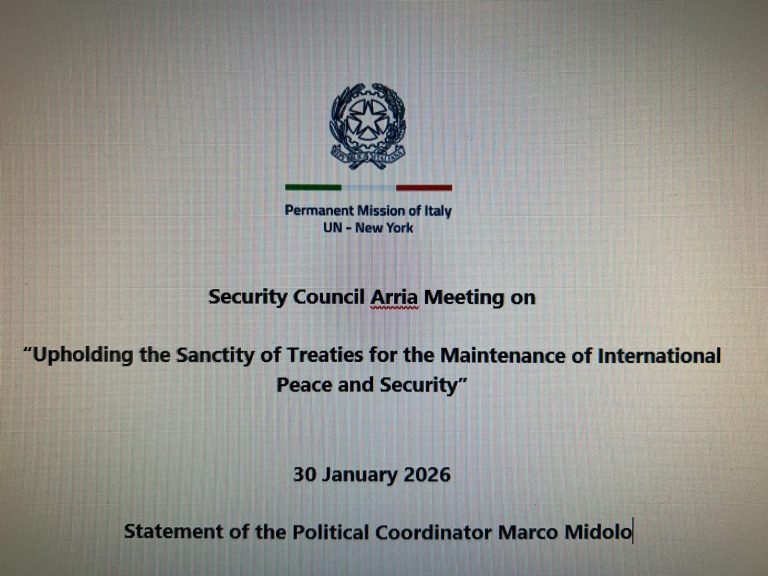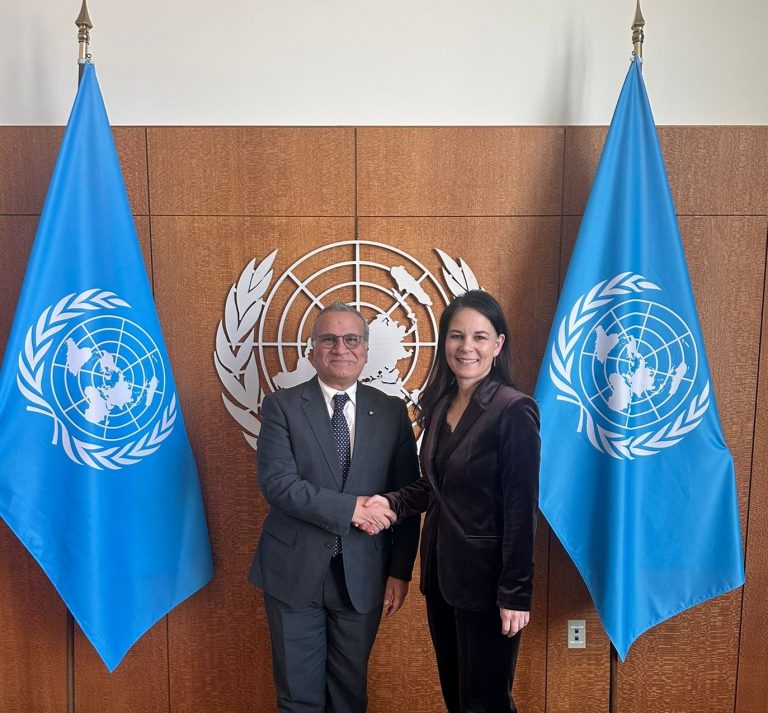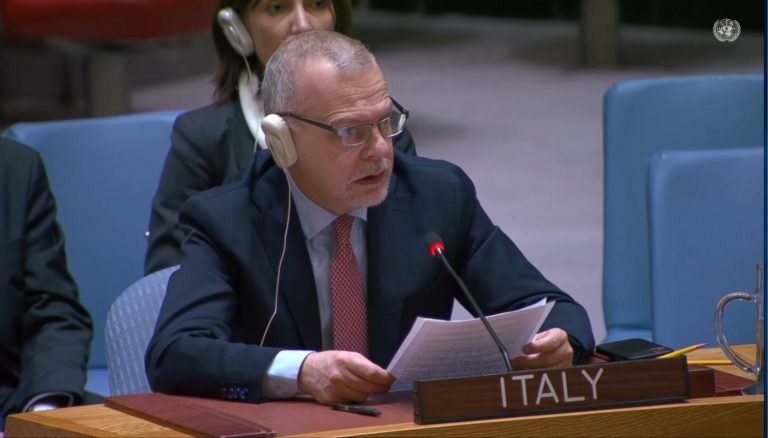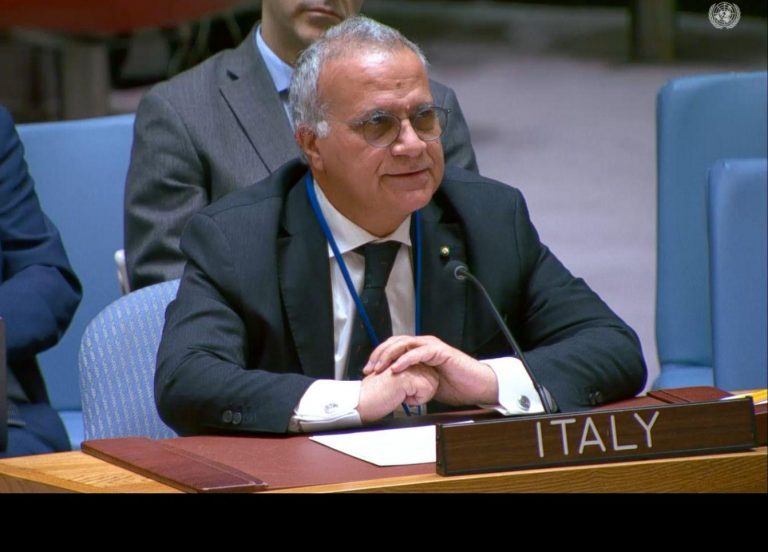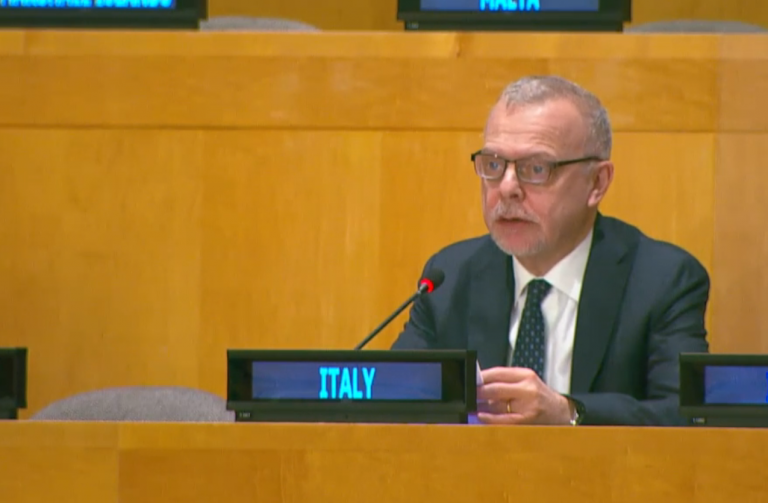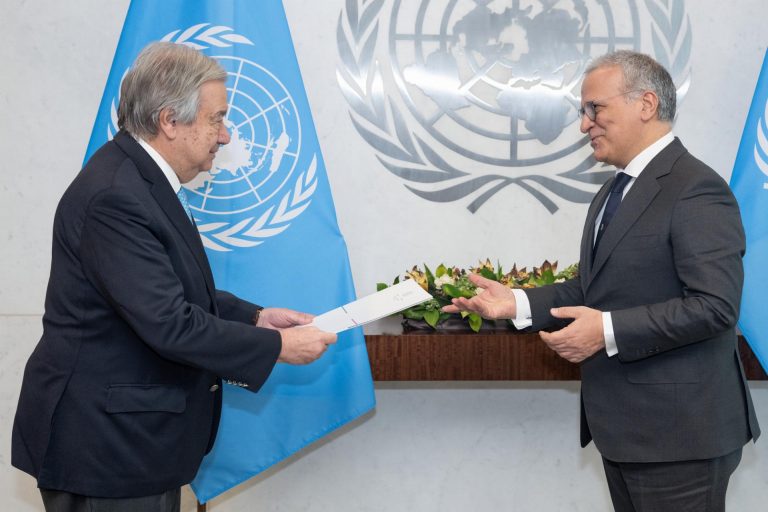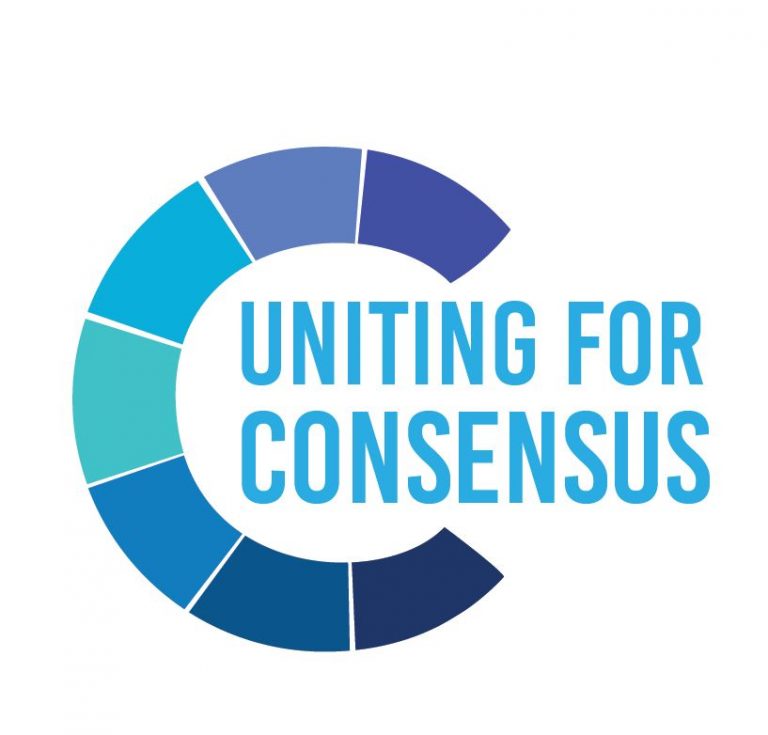Thank you Chair and Moderator and thanks to the panelists, Ambassadors currently serving in the various Bureaux of the Executive Boardsfor their valuable contributions.
Italy agrees with what was presented and we would like to provide some inputs on the guiding questions presented on the OAS.
After three days of this new Operational Activities Segment, we believe there are some takeaways to consider for the future and we welcome this session on the OAS
role, impact and objectives.
First, we welcome the comprehensive reports delivered by the Secretary General and the Deputy Secretary General on the QCPR and on the UN Development System
overall, including on programmatic and financing aspects. They are key evidencebased instruments, of interest for Member States, which will further inform relevant processes and deliberations, including within the Executive Boards, the QCPR process and discussions on the repositioned UNDS and the Resident Coordinator System as well as strategic dialogues between the UN System and Member States.
Second, we also welcome the field perspective coming from the Resident Coordinators and the UN Country Teams, interacting with Member States here. We welcome the increased impact, coordination and partnership. We would howeverencourage more granularity in the themes discussed at this Segment, more analytical data to be presented in advance from the Country-level and more interaction on the actual challenges and good practices that can be addressed by the OAS, in terms of policy-guidance, coordination and oversight. We agree that data can be simplified and focused more of certain aspects, also differentiating policy, oversight and analytical
documents from communication and narrative reports. We would support focusing more on the key strategic, oversight, coordination and operational aspects of the UN
Development System at the Segment, avoiding duplications with other major UN forums dedicated to specific thematic areas for the SDGs.
Third, we see room for improvement in the capacity of this Operational Activities Segment to provide more strategic and operational guidance to the UNDS and to be
more like a UN System-wide sounding board and its role could be connected to ongoing discussions on further reforms of the system. We agree with the
consideration that this segment could create more space for more effective oversight and strategic guidance. As it was stated by the panelists, a number of such functions could already be found in current mandates and relevant Resolutions and we encourage ECOSOC and its
Bureaux for the future to further advance on those mandates proactively, including in terms of agenda-setting.
Overall and looking ahead, we would encourage more strategic discussions on upgrading the Segment in the context of the various relevant process, including those
related to the RC System and the ECOSOC strengthening and review processes. This should also be linked to the strengthening of other key parts of the UNDS architecture, namely the Executive Boards and including the Joint Meeting of the Boards, possibly with new deliberative functions and connected to the OAS as well. We also agree that the RC System governance and policy-guidance is part of this discussion.
To conclude, we hope that in the ongoing discussions on strengthening ECOSOC and its segments and possible future negotiations on its review and on the UNDS, there will be the opportunity to further strengthen this important Segment.
I thank you.








